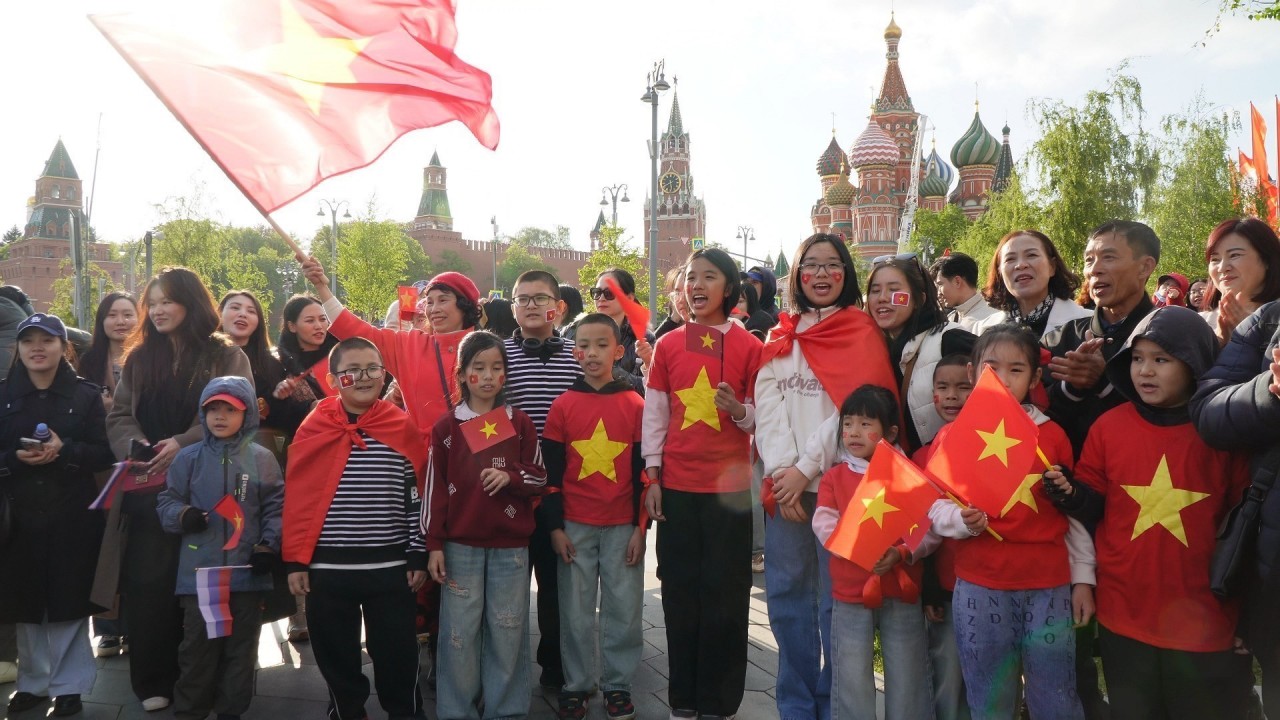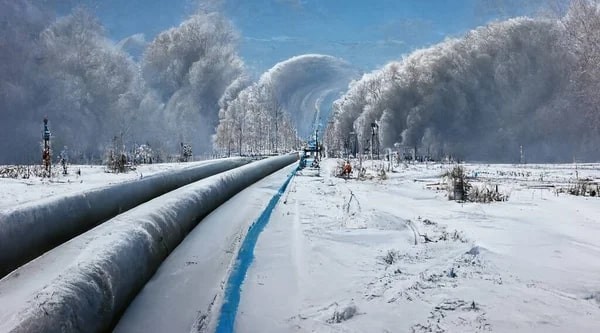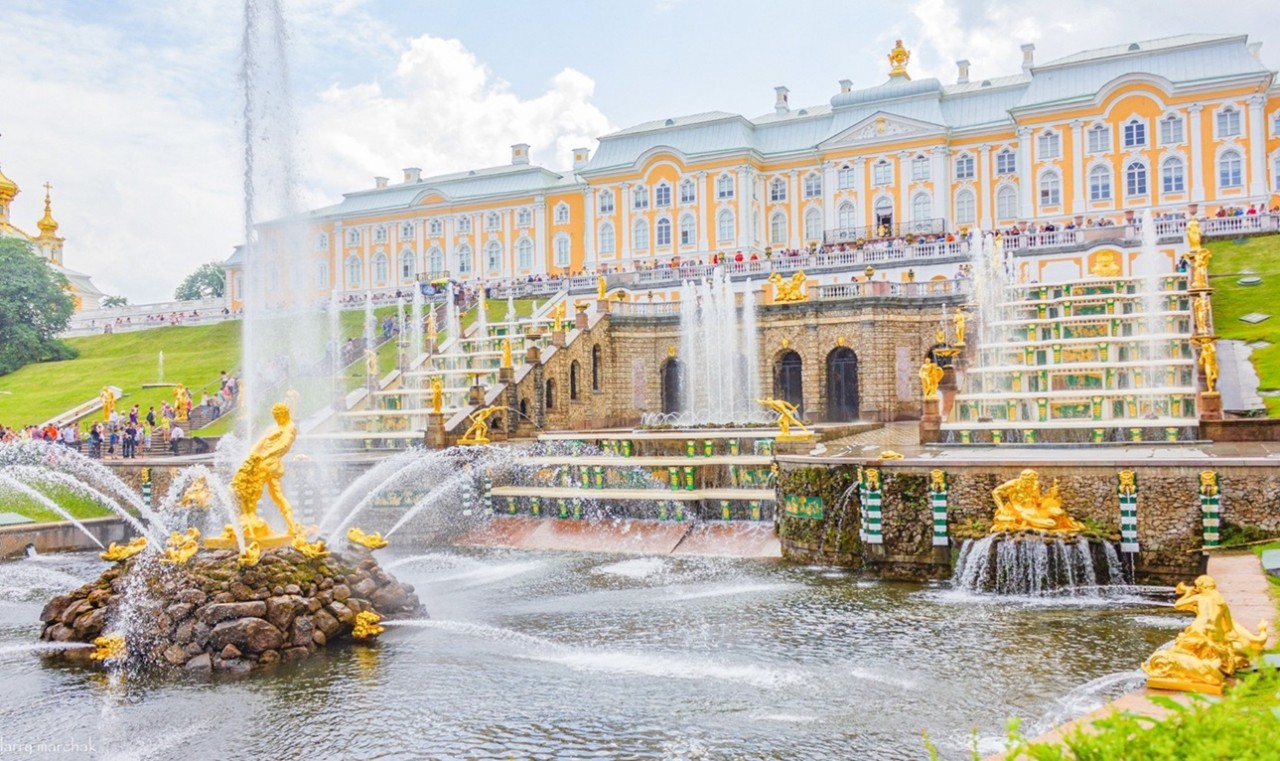Vodka: The National Drink of Russia
| Eastern Economic Forum 2024: Deepening Russian-Vietnamese Cooperation | |
| Russia and Vietnam: Soulmates From Across Borders |
Vodka Museum
It's uncommon to find a museum dedicated to a specific food or drink. However, Russia boasts a Vodka Museum, located at 4 Konnogvardeisky Boulevard in Saint Petersburg. Here, visitors can not only indulge their senses but also delve into the rich history, and fascinating tales surrounding vodka.
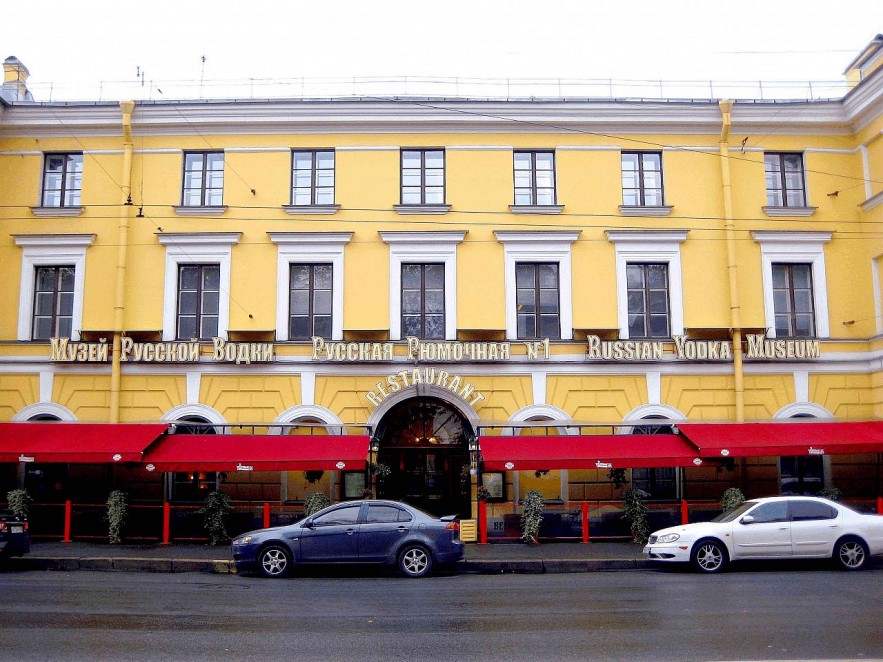 |
| Vodka Museum, located at 4, Konnogvardeisky Boulevard, Saint Petersburg, Russia. |
The Vodka Museum is open from 11 a.m. to 10 p.m. Visitors can choose from various ticket options. A 30-minute guided tourwith vodka tasting is available for RUB500 (US$5.48). Those who only wish to taste vodka can do so for RUB350 (US$3.83). The museum exhibits over 600 types of vodka, including vintage bottles, old labels, advertising posters, photographs, and historical documents. A unique highlight is the oldest distillation equipment on display.
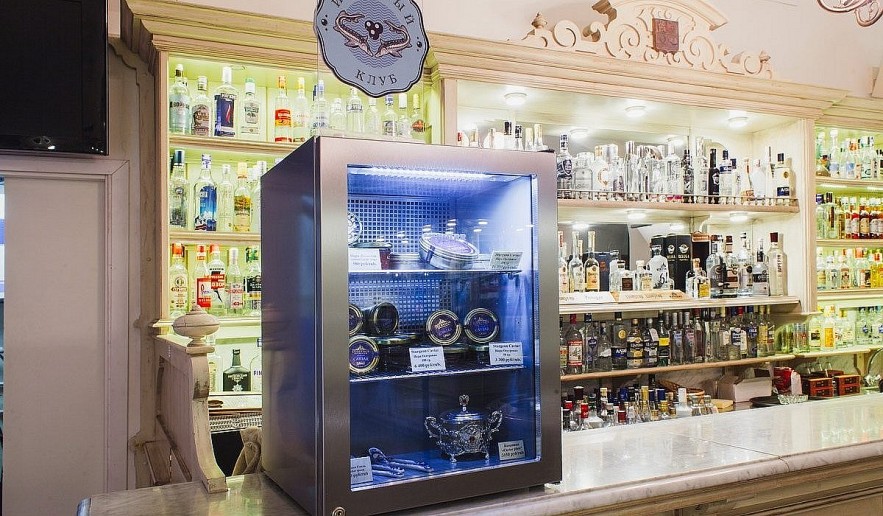 |
| A corner of the Vodka museum in Saint Petersburg, Russia. |
Visitors will learn about the vodka production process, the key ingredients that contribute to its unique flavor, and the fascinating stories of vodka's influence on significant historical events in Russia. They will discover the vodka preferences of famous figures during the Tsarist period, and explore modern vodka production methods. Visitors will be guided through the "Grand Path of the National Drink," from traditional Russian fermented products to Dmitry Mendeleev's legendary dissertation on the combination of alcohol and water.
Russia boasts multiple vodka museums, including one of the first in Uglich Square, Uglich (Yaroslavl Region). Additionally, visitors can explore the vodka museum in the village of Verkhniye Mandrogi, Leningrad Region, or the vodka museum located at 73zh Izmaylovskoye Hwy, Metro Partisanskaya, Moscow.
Vodka - Integral part of Russian identity
Russians firmly believe that vodka is a uniquely Russian creation, despite ongoing debates about its origins. Produced in Russia since the 12th century, the word 'vodka' in Russian literally means 'little water,' indicating its high alcohol content. Distilled and filtered multiple times, vodka is typically clear, and has an alcohol by volume ranging from 35% to 50%.
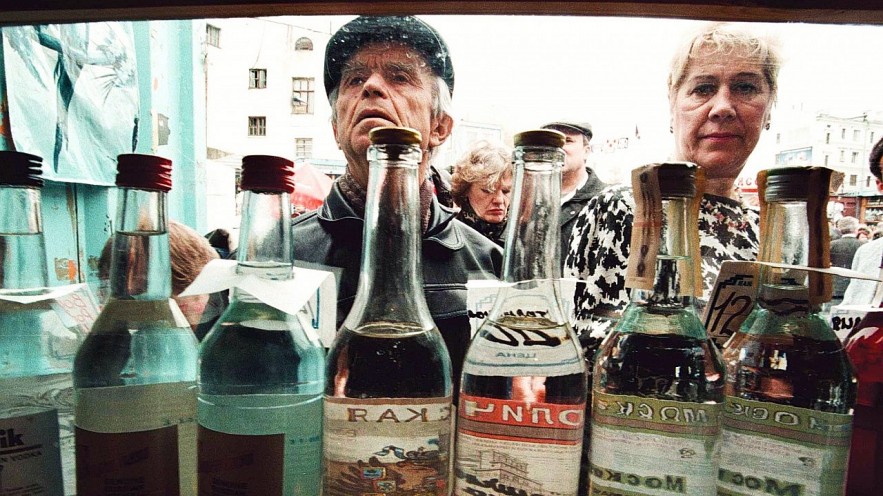 |
| In daily life, Vodka is present everywhere, from the family dinner table to solemn ceremonies. |
Vodka is deeply ingrained in Russian daily life, from family dinners to grand celebrations. The Russian saying, "Vodka is a spirit, but not every spirit is vodka," highlights its unique status in Russian drinking culture. It also features prominently in Russian literature and cinema, symbolizing courage and unity.
Drinking vodka is often elevated to a ritual. Typically consumed as an aperitif or digestif, it can also be enjoyed throughout a meal if the menu specifies vodka as the main beverage. Describing the traditional way of drinking vodka, Russian literary giant Anton Chekhov wrote "You shouldn't drink vodka immediately. First, take a deep breath, wipe your hands, and look at the ceiling to show your indifference. Then slowly bring the vodka to your lips and drink, and you'll feel it run from your stomach to the farthest reaches of your body!"
Russian vodka is particularly enjoyable in cold weather due to its high alcohol content, which provides warmth. Russians often chill vodka in the freezer and drink it neat or with added chili peppers, lemon, or orange peel. The icy cold vodka,with frost forming on the bottle, offers a refreshing sensation. The initial sip provides a surprising numbing sensation, and as the vodka travels down the throat, one understands why it is so popular in Russia's cold climate. The warmth that vodka provides is not just from the alcohol, it's a feeling of connection to the simple love that Russian peasants have for vodka. It's more than just a drink; it's a way for Russians to endure the harsh weather.
 | Russian Scholar Pyotr Tsvetov And His Special Books Russian scholar Pyotr Tsvetov preserves books by Vietnamese revolutionary veterans such as books on the fundamental formation of Ho Chi Minh's ideology, or on the ... |
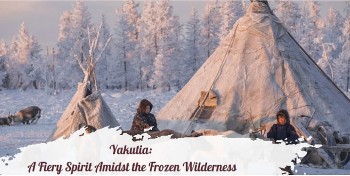 | Yakutia: A Fiery Spirit Amidst the Frozen Wilderness Yakutia, also known as the Sakha Republic, is the largest territory in Russia, spanning over 3 million square kilometers. It is the coldest inhabited region ... |
In topics
 Viet's Home
Viet's Home
Translator Thuy Toan Lights the fire of love for Russian - Vietnamese literature
Recommended
 World
World
Pakistan NCRC report explores emerging child rights issues
 World
World
"India has right to defend herself against terror," says German Foreign Minister, endorses Op Sindoor
 World
World
‘We stand with India’: Japan, UAE back New Delhi over its global outreach against terror
 World
World
'Action Was Entirely Justifiable': Former US NSA John Bolton Backs India's Right After Pahalgam Attack
Popular article
 World
World
US, China Conclude Trade Talks with Positive Outcome
 World
World
Nifty, Sensex jumped more than 2% in opening as India-Pakistan tensions ease
 World
World
Easing of US-China Tariffs: Markets React Positively, Experts Remain Cautious
 World
World




